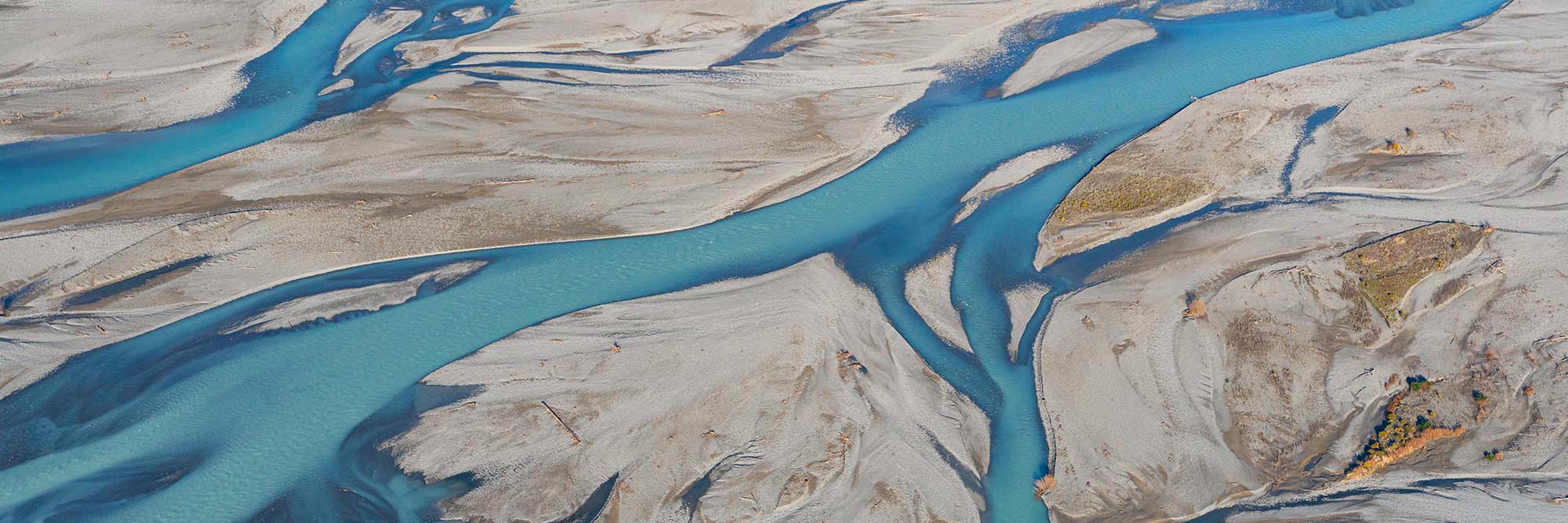The Resource Management (Freshwater and Other Matters) Amendment Bill (the Bill) has now been introduced to Parliament and delivers on the changes that Hon Chris Bishop outlined in April 2024 and detailed in our earlier Alert.
The Bill supports the Government’s overall objective of reducing regulatory burden by making targeted amendments to the RMA, and includes key amendments to national direction and the process for preparing and amending national direction.
Submissions can be made on the Bill before 30 June 2024.
Removing the requirement to follow Te Mana o te Wai
Resource consent applications are currently subject to the Te Mana o te Wai hierarchy of obligations contained in the National Policy Statement for Freshwater Management 2020 (the NPS-FM). The Bill will exclude the hierarchy of obligations contained in the NPS-FM 2020 from resource consent application and decision-making processes made after the Bill is enacted and until the NPS-FM 2020 is replaced. However, regional councils will still be under an obligation to give effect to the Te Mana o te Wai hierarchy in regional policy statements and plans.
Aligning consent processes for mining activities
Compared to other mining activities, coal mining is subject to a stricter consent pathway under the NPS-FM 2020, National Policy Statement on Indigenous Biodiversity 2023 (the NPS-IB) and Resource Management (National Environmental Standards for Freshwater) Regulations 2020 (the NES-F). Currently, the consent pathway for coal mining is limited to the operation and expansion of existing coal mines and thermal extraction until 31 December 2023. The Bill will remove additional constraints by extending the consenting pathway for coal mines to new coal mines and removing the sunset clause of 31 December 2023 on consent pathways for thermal coal.
Suspending the requirement for new Significant Natural Areas
Local authorities have an obligation under the NPS-IB to identify and include new Significant Natural Areas (SNAs) in district plans by 4 August 2028. The Bill will suspend this obligation for 3 years and further amend the timing provisions for when local authorities must publicly notify any policy statement, proposed plan or plan changes that give effect to the NPS-IB. The Bill will not affect the obligation on councils to recognise and provide for indigenous biodiversity and will not prevent or affect the identification or notification of new SNA in policy statements, plans or proposed plans within this 3-year period.
Reducing regulation and cost for farmers
The Bill will amend the use of low slope maps under the Resource Management (Stock Exclusion) Regulations 2020 that restrict grazing of beef, cattle and deer near water bodies. Low slope maps are to be replaced with freshwater farm plans and/or regional plan rules.
Further, the Bill will repeal the permitted and restricted discretionary activity regulations and associated conditions for intensive winter grazing contained in the NES-F. The stand-alone regulations that minimise adverse effects on freshwater from pugging and to ensure vegetated ground cover is re-established after grazing will be retained.
Amending the process for preparing and amending National Direction
The Bill will simplify the process for making or amending National Directions by:
- providing a new definition for National Direction which means a national environmental standard, a national planning standard, a national policy statement, or a New Zealand coastal policy statement (and distinct from the existing definition provided in s80B(3) of the RMA); and
- removing the board of inquiry process to provide a single process for preparing national direction;
- exempting national direction proposals from the requirement to prepare and publish evaluation reports. Instead, a new section would be added that provides requirements for evaluating national direction proposals. Under the Bill an evaluation of a national direction proposal must consider;
- the effectiveness of the proposal;
- the impact on the environment and the economy; and
- reasonably practicable alternative options.
The Bill has passed its first reading and is now before the Primary Production Select Committee for consideration.
Please reach out to one of our experts in the Resource Management and Planning Team if you would like more information about the Bill or would like our assistance to make a submission.
This article was co-authored by Aimee Harris, a Law Clerk in our Environment team.




